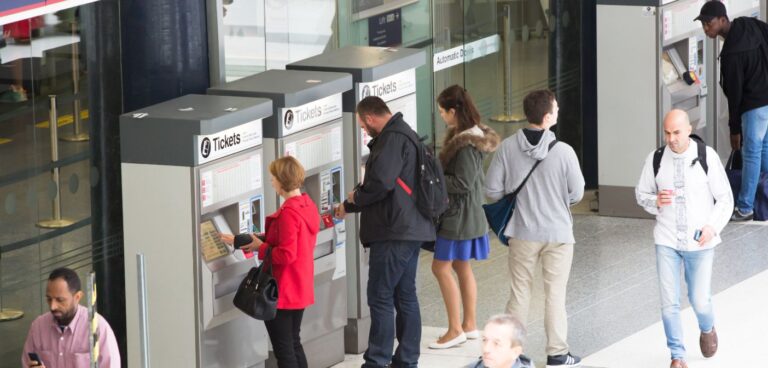Half of UK commuters are willing to pay more in travel costs to maintain the environmental improvements, such as reduced pollution, seen during the pandemic, according to PwC.
As part of its latest transport research, PwC surveyed 2,000 people across the UK, with 50% agreeing that reducing the UK’s carbon footprint was worth paying more for.
Lower earners and the self-employed are more supportive of paying more to benefit the environment than those on higher salaries and in employment throughout the pandemic. People earning £30k and under were most likely, 54%, to support paying more compared to those earning £60-90k, 45%.
The research also found that self-employed people who have had to stop working due to Covid-19 were more likely to be willing to pay more, 63%, compared to those employed and still working through the pandemic, 43%.
Furthermore, the study looked at the adoption of flexible working patterns with 57% of respondents looking to use contactless payments. This was followed by daily off-peak reduced priced tickets at 35%, with people now less likely to buy traditional ticket types such as monthly at 20% and annual passes only accounting for 18%.
According to the study, more people are confident than last year that Covid-19 will not have a long-lasting effect on how they travel on public transport, with seven in ten 70% saying that they will travel in the same way as they did before the pandemic. This is an increase from five in ten, 55%, at the start of the pandemic in 2020.
Grant Klein, PwC’s transport leader, said: “Our research shows a clear public mandate to sustain the positive environmental effects we have seen during the pandemic even at a financial cost to them.
“A key challenge for national and local government is how to accelerate environmental schemes like ultra low emission zones across the UK. They will also need to address changes in the modes of travel passengers have available to them, with a growth in cycling and the introduction of new modes such as e-scooters.
“While people expect a significant shift back to normality after the pandemic, travel patterns and plans for greater flexibility have already changed because of Covid. Contactless payments and flexible part-time tickets will become more relevant to travellers as a hybrid of remote and on-site working becomes the norm.”





